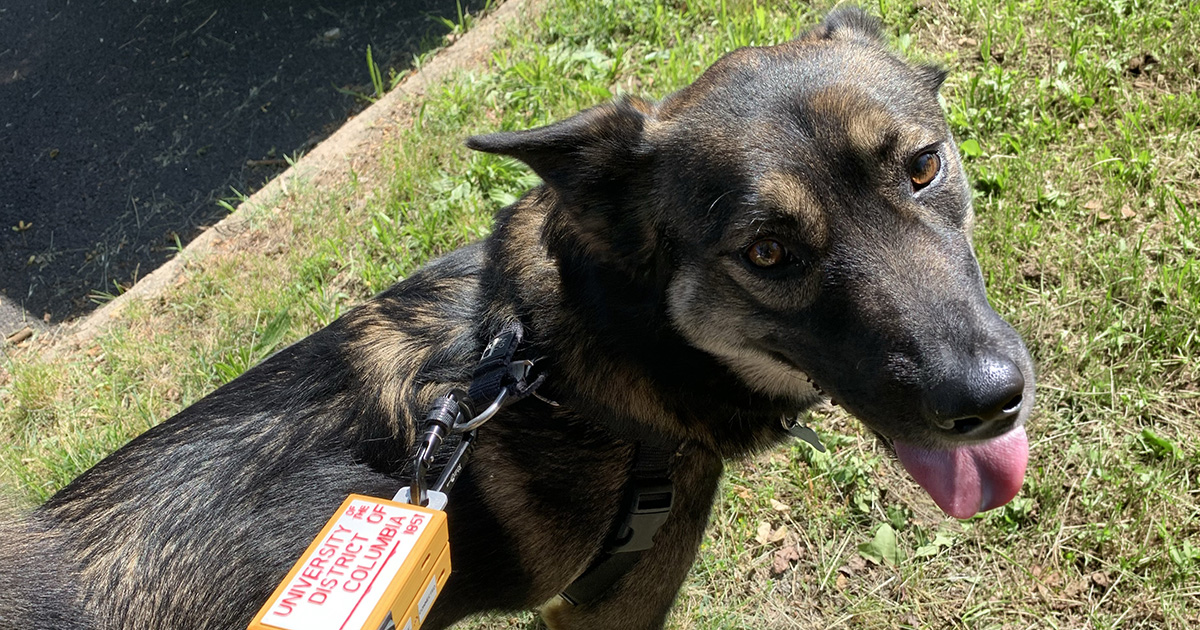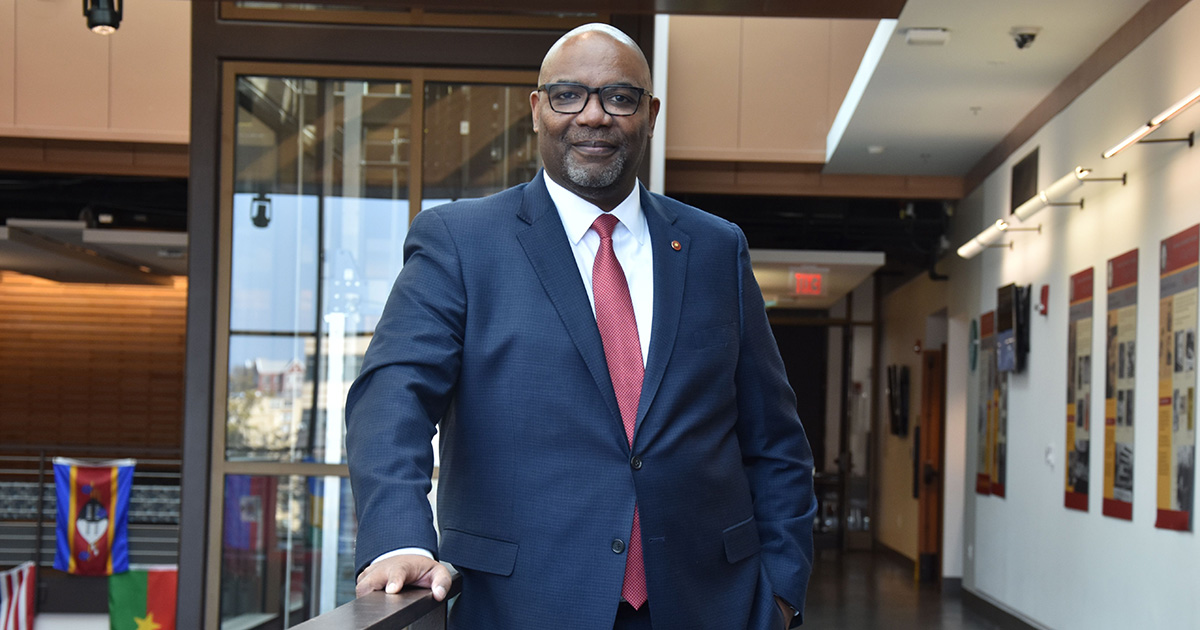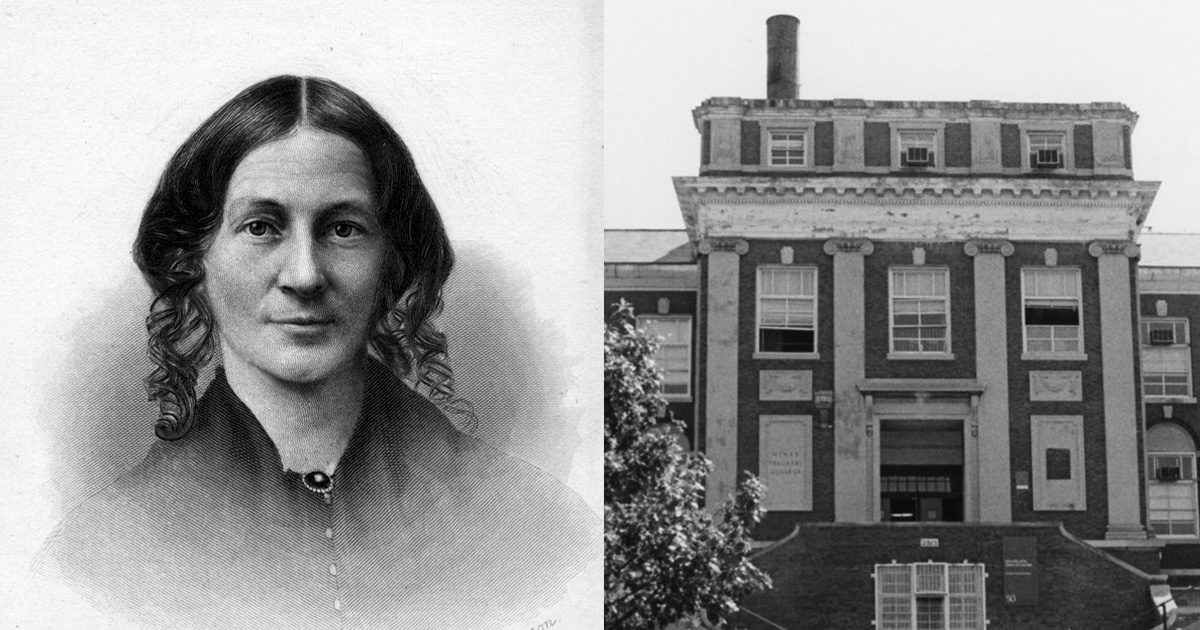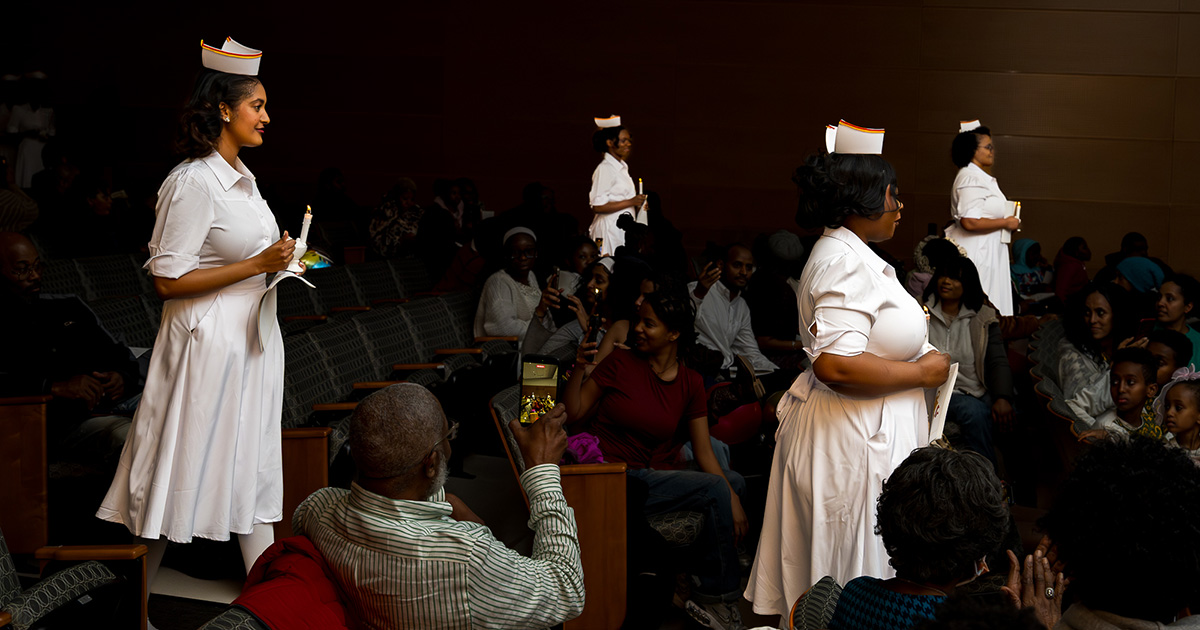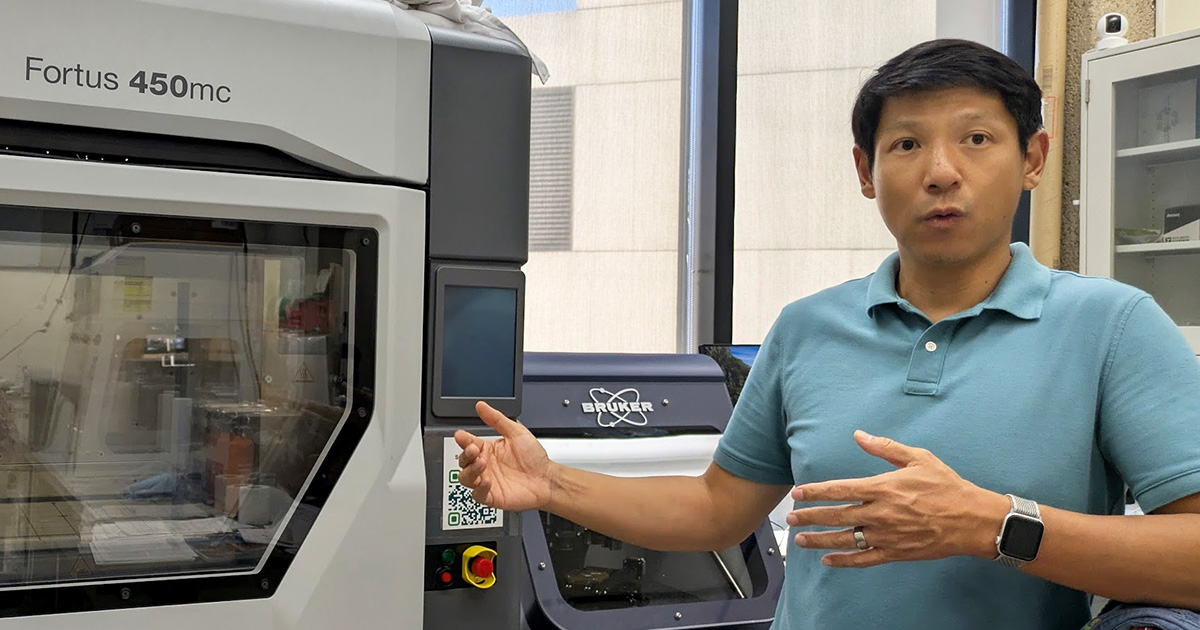Need to get in touch with a specific UDC resource or hotline? We've compiled a list of frequently called contacts here!
To learn more about admission, enrollment and other general student information, please review the UDC Student Handbook.
Be sure to stay connected with us on The Nest for the latest events and activities happening on campus! For more information, contact the Office of Student Life and Services.
The UDC Student Grievance Procedure can be found here.
In the unlikely event that an issue cannot be resolved by the University, students may file a complaint with the District of Columbia’s Higher Education Licensure Commission (HELC) which is the licensing authority in Washington, D.C.
Office of the State Superintendent of Education
Higher Education Licensure Commission
1050 1st St. NE, 5th Floor
Washington, DC 20002
202-727-6436
The Middle States Commission on Higher Education (MSCHE) Complaint Process
An additional avenue for complaints is MSCHE. The Commission receives complaints about substantive matters that are related to the quality of the institution or its academic programs. All such complaints are judged against the Commission’s Standards and Requirements of Affiliation.
Complaints must be submitted using the Commission’s official complaint form. The form must be completed in its entirety, signed, and submitted along with compelling, written evidence. However, the Commission investigates complaints only when the complainant has exhausted all of the institution’s appeal procedures. For more information, see How to File a Complaint with the Commission.
The Middle States Commission on Higher Education will address concerns that are clearly related to an accreditation action taken by the Commission. However, the Commission is not a judicial or quasi-judicial body, and therefore cannot settle disputes between individuals and institutions, whether these involve students, faculty, administration, or members of other groups.
Review our Title IX page to learn more about university policies, procedures, values and expectations.











